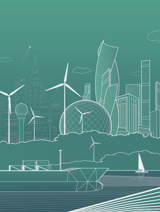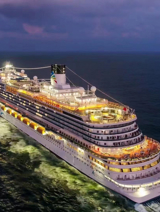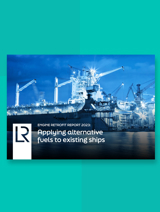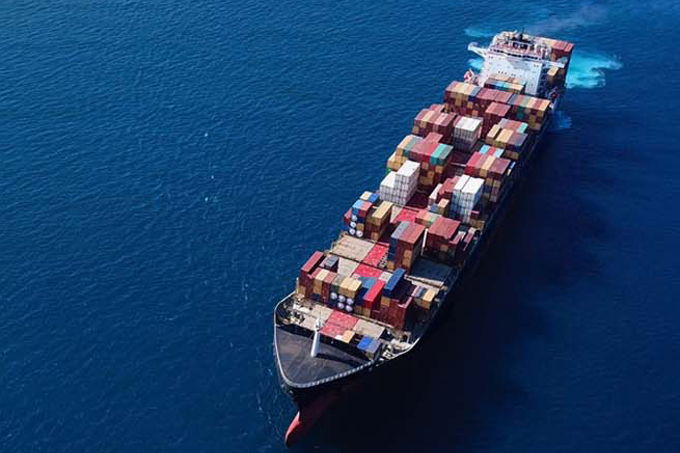This technical update from Lloyd's Register consolidates client experience and industry feedback from sea trial findings on NOx emissions when using biofuels.
Research by LR has shown that zero-emission vessels (ZEVs) need to be entering the world fleet by 2030. Shipowners and operators need to identify an effective pathway for their fleet, mapping out their short- and long-term regulatory compliance strategies. The vast majority of the world’s fleet is expected to switch to renewable fuels.
Biofuel quality assessment
The quality of biofuels or Fatty Acid Methyl Ester (FAME) can vary significantly depending on the biomass used to manufacture the final product. Hence it is vitally important to subject the fuel through a comprehensive analysis programme. FOBAS has developed a bespoke testing programme for biofuels in order for your vessel’s fuel system and engines to operate trouble-free during use.
Operational risk assessment for onboard use of biofuel
On top of biofuel lab analysis,we also support customers with the onboard operational risk assessment before using biofuels. The risk assessment is usually a flag administration requirement too, when ships apply for an exemption to use biofuels under MARPOL Annex VI reg 3.2. The risk assessment identifies key areas requiring attention related to fuel storage, handling, separation, treatment, material compatibility and combustion.
Advisory support for renewable fuels
We are working to map the future decarbonisation landscape. Future fuels such as methanol/ethanol, Ammonia and Hydrogen will be part of the energy mix. We are part of ISO TC28/SC4/WG18 developing methanol quality standards as a marine fuel. Similarly, we are closely following the development of bunkering standards for renewable fuels. We can discuss and support all your requirements in terms of future fuels.
Training
We have developed a training programme for your technical teams to support the use of renewable fuels. The main objective of the training is to ensure that your people, on board and onshore, understand the complexities of the new fuels, decision making, regulatory framework and safe handling of the fuels.
Wherever you are, our teams of specialists are never further than a phone call or email away. If you want to know more about our services for renewable fuels, get in touch.
We have issued a bulletin regarding the use of marine biofuels and MARPOL NOx emission limits.








